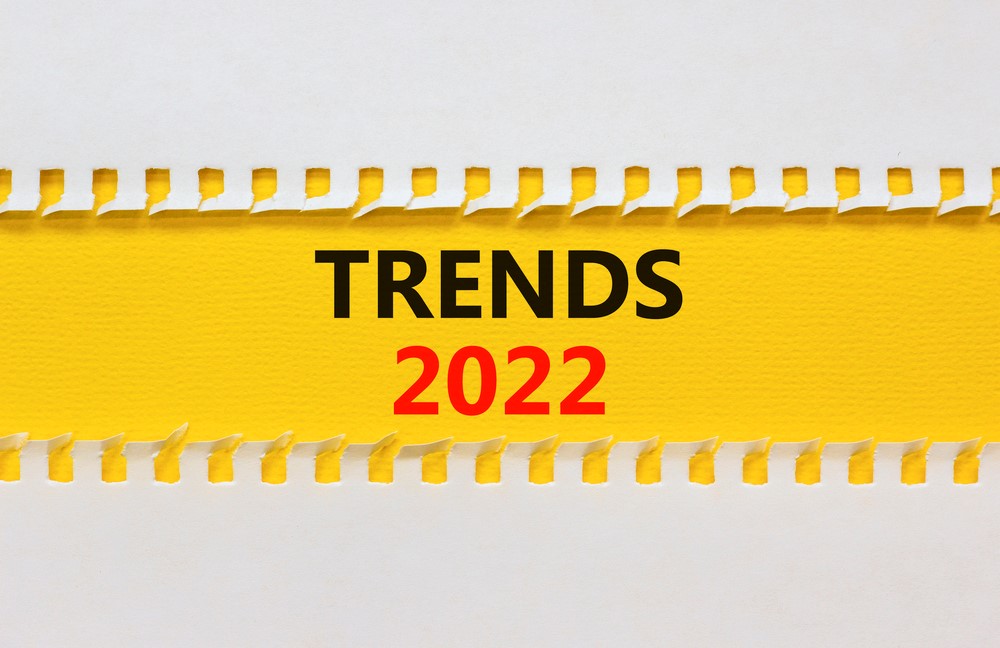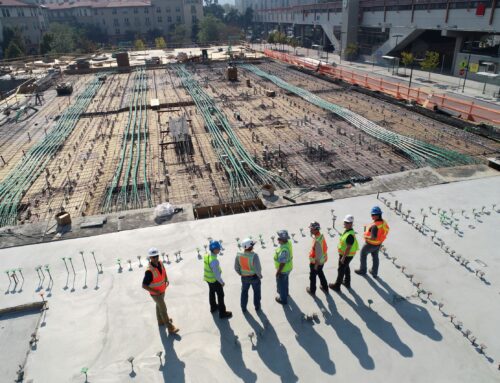
The last couple of years have brought sweeping changes to industry across the globe.
Supply chain issues, worker shortages, and the rise of technology have created the need for manufacturers, large and small, to pivot for survival.
These “pivots” were already trending and have now proven their worth. So, as we continue into 2022, here are five industry trends to continue watching.
- Industrial Internet of Things
One of the biggest trends currently occurring in manufacturing is the implementation of the Industrial Internet of Things (IIoT). The IIoT is adaptable and innovative, acting as a “brain” and connecting computers, robotics, computer applications, operations, and other devices to a centralized location through digital sensors. Not only is this incredibly efficient — different areas and functions have access to each other and pertinent information — but this cloud computing system also allows for inter-company data mining.
- Big Data Mining
Another trend, and benefit of IIoT, is data mining. The nature of IIoT means that every action on every machine and in every system is recorded. All that recorded information is data that can be studied and analyzed to find loopholes, system errors, and structural issues within the workflow. It’s a lot of valuable data. And while the term “Big Data” is currently a hot button topic, the ability for manufacturers to farm their company data is a trend to watch.
- Onshore Production
Even before COVID, businesses, and manufacturers were beginning to weigh production onshore rather than offshore for various reasons. However, the low cost of offshore production traditionally tipped the scale. COVID has caused some perspective shifts as manufacturers continue to experience global trade shutdowns, increasing transportation costs, and extended delays in freight time. As a result, the “cost-effectiveness scale” is beginning to tip in the other direction as manufacturers look towards bringing production back to the states.
- Sustainability and ESG
It’s becoming imperative to focus on environmental, social, and governance (ESG) factors. Manufacturers are building more sustainable companies. We’ve become increasingly aware of humanity’s effect on the environment, and consumers (and the workforce) care about ESG more than ever before. And because the consumer drives revenue, it’s critical for the health and longevity of your company to pay attention as well. Consumers are watching things like diversity and equity, net-zero or carbon-neutrality, ethical production, and fair trade much more closely. In addition, environment-friendly regulations are tightening and keep coming down the pike. Staying proactive towards these changes helps manufacturers stay ahead of the game and helps attract and retain talent.
- B2C Focus
The rise of e-commerce has also changed the face of business and industry. In years past, manufacturers have operated in a Business to Business (B2B) market. However, because of benefits like brand control, improved customer data, and increased profits (and in response to the economic fallout of a global pandemic), manufacturers are starting to switch gears to a Business to Consumer (B2C) focus. It is also causing a shift in operations as companies and manufacturers improve speedy, accurate fulfillment, online customer service, relevant marketing, and secure payment methods.
Overall, we’re seeing both technology and sustainability rise hand in hand in the manufacturing industry. At Gillmann Services, this is something we’re very proud to stand behind. We’re dedicated to supplying quality talent to our customers with an additional focus on construction, mining, and marine construction. Remember, “We Work for You!” So, contact us today!






